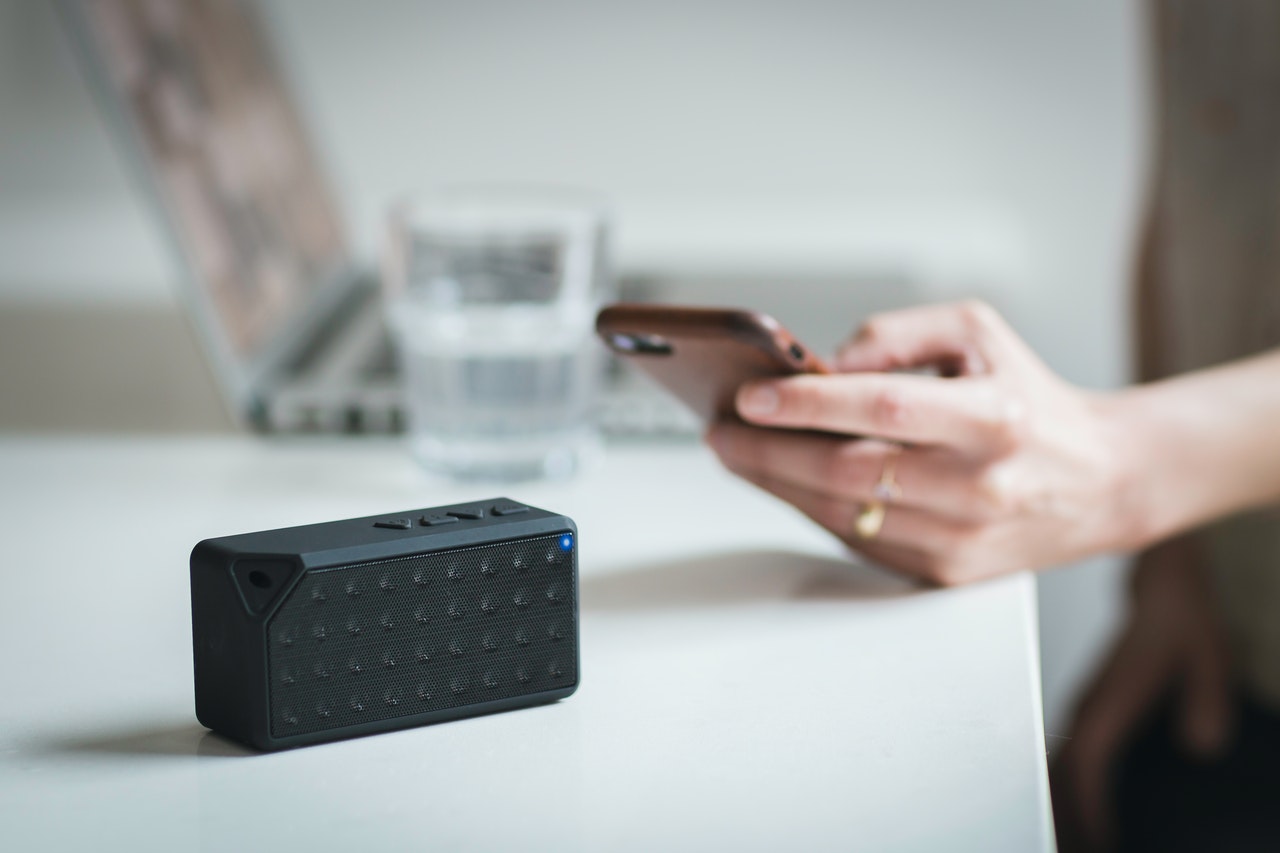There are plenty of reasons for individuals and business owners to use secure Wi-Fi connections on their mobile devices. For starters, when you hook up to the internet with Wi-Fi, you won’t burn up as much battery power compared to using your standard mobile network. And if you have to transfer data, to your broker or bank for example, the chore is much faster with Wi-Fi. So, what’s the potential problem? In a word, security. You might love the speed, low cost, and longer battery life you get when you use wireless-fidelity on your mobile network, but there are numerous dangers afoot. To get a feel for what those problems are, put yourself in the shoes of a hacker.
Anyone who is able to break through your security wall on a non-secure Wi-Fi connection can gather all sorts of information that could lead to your financial ruin. Horrible problems like identity theft aside, there are ongoing, very real dangers of personal data theft, traffic security, trojans, viruses, and countless other kinds of malware. To make matters worse, if you use any financial apps to do online stock trading or banking, you could be setting yourself up for a major catastrophe if your network is not secure. Here’s a more detailed look at what awaits unsuspecting users who operate without secure Wi-Fi on their mobile devices.
Personal Information Theft
At the most basic level of safety, personal data is the basis of what you should want to protect as you go about your day. Whether you spend the majority of your time on trading platforms or doing banking tasks, you don’t want anyone, much less a hacker, to obtain your core information. When you work without a net and leave your sensitive info at risk of being seen and copied, the consequences are often severe. Criminals routinely sell their wares on the dark web for about $100 per pack. A pack is a collection of one individual’s personal information, like account numbers, address, phone, websites, email addresses, passwords, and more.
Even texting and phone calls become a security problem when you use your device without the right level of protection. Stop for a minute and consider what’s on and in your phone. All your contacts, a possibly very large list of email addresses, call history, location coordinates, payment app details, and more. If you use your phone for routine daily tasks in addition to making calls, virtually everything about you is available to hackers if you don’t protect yourself.
Finance Apps: The Most Vulnerable of All
If you’re active on trading platforms, brokerage sites, banking sites, and payment apps, security should be uppermost in your mind. That’s because mobile trading, money transfers, payment for services, and banking all include passwords and monetary accounts. Think of it this way: when a hacker gathers personal data about you and your private life, that’s one thing. But when the same person knows your bank account number and the password to your banking webpage, you’re in real trouble. Unsuspecting people who routinely do lots of their bank business via a smartphone or other mobile machine are perfect targets for finance app attacks. And, it’s not just the cash in your account that is the target. A clever hacker can not only clean out your bank account but also sell your private data on the dark web. It’s a double payday for the bad guy, and a very bad day for you.
Traffic Security
Sniffers are more pernicious than most other hackers because they can reach into your traffic flow and snatch entire packets of information, which can be voluminous. Sniffers, also called packet sniffers, see everything that passes through your network. If you fall victim to one of these, everything on your mobile device is up for grabs, literally everything. Security systems can prevent sniffers from gaining access in the first place.
Also read: Best Sites For Watching Cool Videos On the Internet
Viruses and Trojans
These hacker insertions live on your computer and do serious damage. Viruses can replicate at will, so even if one takes hold on your mobile phone, laptop, or tablet, it can turn into a dozen in a short span of time. Viruses can wreak all sorts of havoc, from creating simply slowdowns to more chronic data losses. On the other hand, trojans are not able to duplicate themselves but they do have the power to open doors into your data. Hackers use trojans to gain access to machines, mostly mobile devices that operate without the same amount of security as standard






